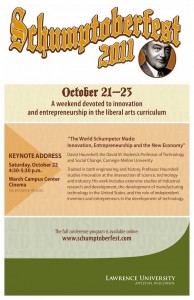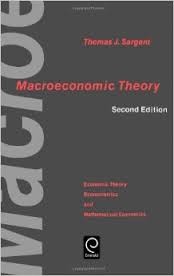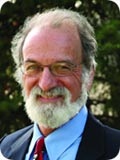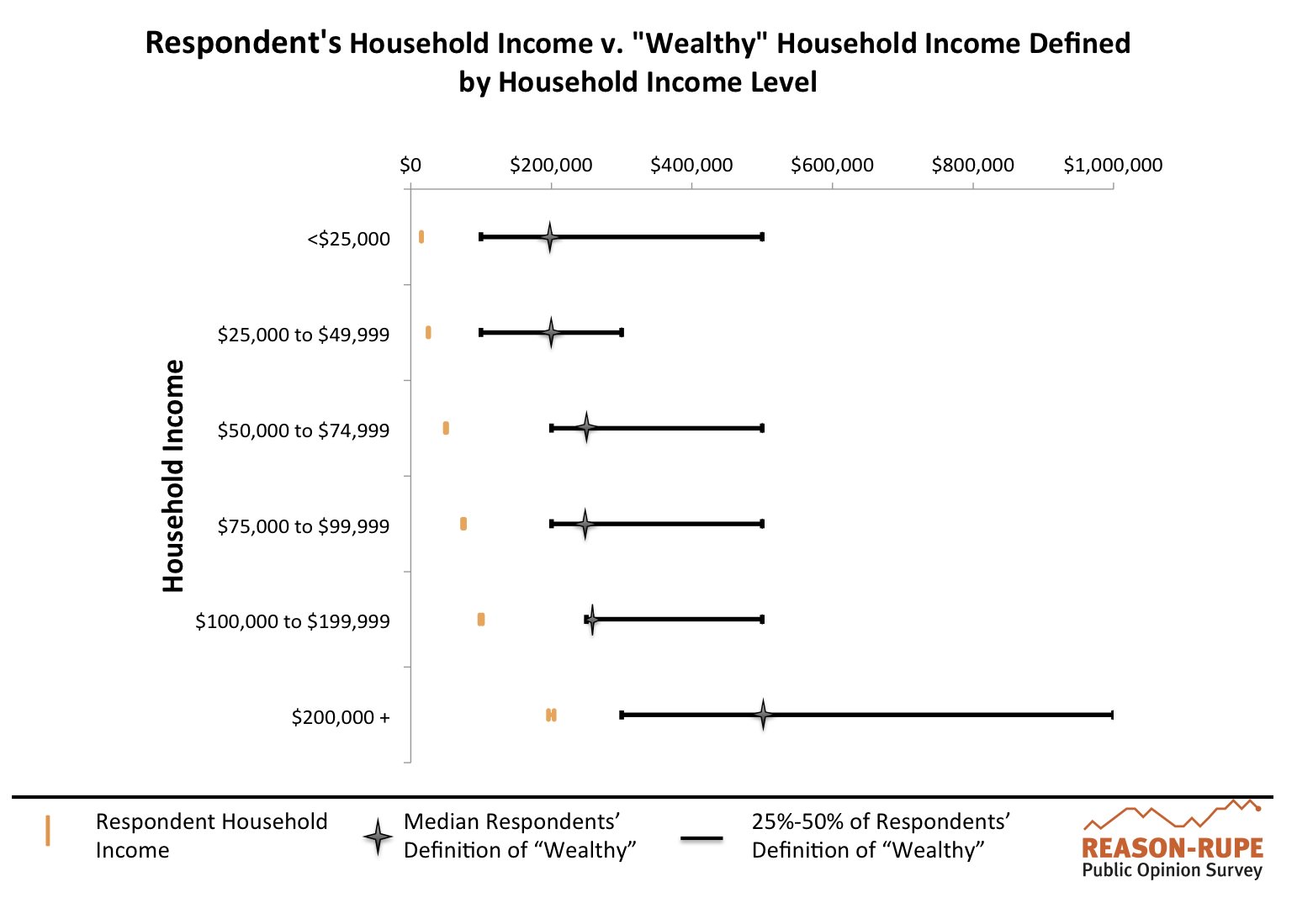SCHUMPETERFEST, OCTOBER 22, 2010
Warch Campus Center
Saturday, October 22, 4:30 p.m.
David A. Hounshell
Roderick Professor of Technology & Social Change
Carnegie Mellon University
I present a brief overview of Joseph A. Schumpeter’s fundamental theory of innovation and the entrepreneurial function in capitalism. I further demonstrate how Schumpeter realized that the principal locus of innovation had changed between the time he first launched his ideas in Theory of Economic Development (1911) and 1942, when Capitalism, Socialism, and Democracy first appeared. The shift in locus had profound repercussions for Schumpeter’s thinking about capitalism, which I discuss. I also demonstrate that just as there was an intermediate position between the Schumpeter of 1911 (often called “Schumpeter, Mark 1”) and the Schumpeter of 1942 (“Schumpeter, Mark 2”), what I call “Schumpeter, Mark 1.5.” Drawing from my research on the history of industrial R&D in the United States, I historicize these three versions of Schumpeterian theory about the entrepreneurial function in capitalism. I go further, however, to channel Schumpeter’s thoughts about the entrepreneur and the locus of innovation in American capitalism over the last sixty-one years since his death—what I am calling “Schumpeter, Mark 3” (ca. 1965) and “Schumpeter 4.0” (ca. 2011, to express it in the lexicon we use today). Looking into the future, I complete the Schumpeterian arc of capitalism by concluding with thoughts about the locus of innovation in 2050, the centennial year of Schumpeter’s death, when the principal locus of innovation might well be where Schumpeter believed it was in 1911, under what he called Competitive Capitalism.
About the Speaker: David Hounshell was originally trained as an electrical engineer (BSEE, Southern Methodist University, 1972) before he saw the bright light of history of science, technology, business, and public policy (Ph.D., History, University of Delaware, 1978). His early publications include work on inventors in electrical and communications technologies of the 19th-century, for which he received the Browder J. Thompson Prize of the IEEE in 1978. His first book, From the American System to Mass Production, 1800-1932 (Johns Hopkins University Press, 1984) remains in print today; the Society for the History of Technology (SHOT) awarded it the Dexter Prize in 1987. Science and Corporate Strategy: DuPont R&D, 1902-1980 (Cambridge University Press, 1988), co-authored with John Kenly Smith, Jr., received the Newcomen Prize in 1991. He is the recipient of the Business History Conference’s Williamson Medal (1992) and the Society for the History of Technology’s Leonardo DaVinci Medal (2007). He served as President of SHOT in 2002 and 2003. He has published on Cold War science and technology, the history of industrial research and development, and technology-forcing regulation in post-World War II United States.



 Marty Finkler, professor of economics and John R. Kimberly Distinguished Professor in the American Economic System
Marty Finkler, professor of economics and John R. Kimberly Distinguished Professor in the American Economic System
 Those of you interested in signing up for the group read of The Road to Serfdom need to turn in your registration forms and get your schedules to Professor Galambos or me so we can coordinate a meeting time. We will likely have our first meeting during the first week in October and cover the first 50 or 60 pages of the book at that time.
Those of you interested in signing up for the group read of The Road to Serfdom need to turn in your registration forms and get your schedules to Professor Galambos or me so we can coordinate a meeting time. We will likely have our first meeting during the first week in October and cover the first 50 or 60 pages of the book at that time.